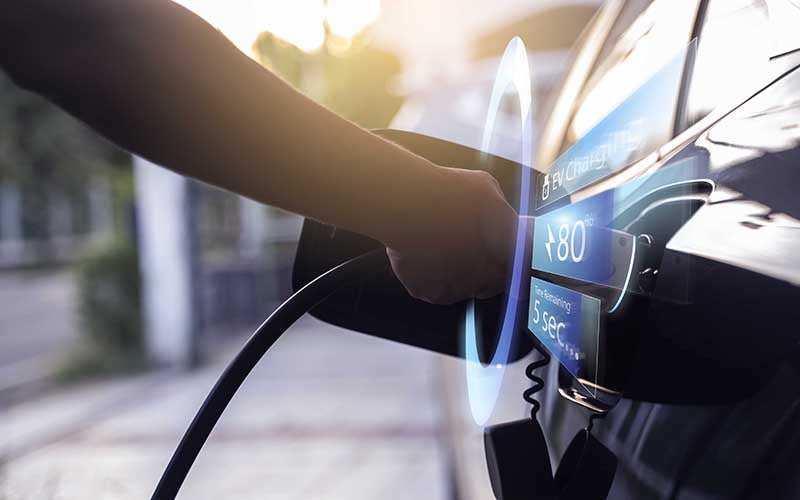
Let’s start by looking at two sets of data that represent the automobile market as it stands today.
The global electric vehicle market was valued at $162.34 billion in 2019. Allied Market Research estimates that this market will reach $802.81 billion by 2027, registering a CAGR of 22.6%. On the other hand, the internal combustion engine (or ICE) market has been forecasted by Research and Markets to grow from a size of $55.17 billion in 2020 to $73.84 billion in 2028. The percentage growth rate in the case of ICEs is just 3.71%.
So while the EV (electric vehicle) market expects a more than 20% growth rate, the ICE market is not even on target to reach 4% of growth. Is this data an indicator of ICE’s gradual end?
The information below gives us insight into what the automobile manufacturers are expecting will be the case.
The List of Automobile Manufacturers Introducing New EVs Lines
2021:
General Motors: GM has already released the 2022 Chevrolet Bolt EUV and revised Bolt EV. It is about to start the production of GMC Hummer EV this fall.
BMW: BMW will showcase its first all-electric M badge car this year.
Stellantis: The manufacturer plans to launch 10 hybrid or electric models by the end of this year.
Jaguar Land Rover: It may begin testing a hydrogen fuel-cell prototype sometime this year.
Nissan: The North America-bound electric model Ariya, a small SUV, will go on sale late 2021.
Toyota: The manufacturer has planned to add two EVs and a plug-in hybrid to its selection in 2021.
2022:
Mercedes: It has plans to introduce 10 new EVs through its EQ brand by the end of 2022.
Ford: F-150 Lightning will go into production by the spring of 2022.
2023:
Honda: The manufacturer will build an EV in 2023 at a GM plant in Mexico.
Mazda: Mazda has plans to come up with at least two plug-in hybrids by the end of 2023.
Nissan: Nissan would launch eight EVs by the end of 2023.
Beyond these three years, the other brands that have plans to keep launching new EV lines up till 2030 include Land Rover, Volvo, Audi, BMW, Ford, GM, Hyundai, Jaguar, Toyota, Volkswagen, Kia, Mitsubishi, and Subaru.
Automobile Brands Planning to Stop ICE Production
Audi: The manufacturer has decided to stop producing internal-combustion-engine vehicles by 2033 shifting to a full-EV lineup.
Volkswagen: The automaker has plans to stop ICE vehicle production in Europe between 2033 and 2035.
One thing is clear, not only specialized EV manufacturers, but mainstream automobile OEMs that have dealt with ICE historically, are also transitioning to EV. An LMC Automotive projection shows that by the year 2025, Volkswagen, Renault-Nissan-Mitsubishi, and China’s Geely will produce more EVs than Tesla.
What impact will this have on the dealers service and parts business and retail sales?
The service and parts business will certainly evolve, but dealers will adapt to the changes. The increase in the volume of EVs in the market will inspire the sector to invest time and money into training for both sales and service. Topics will include advanced training on battery classification, repair, and recycling.
Service bays, tools and diagnostic equipment will all evolve as well. Recycling of batteries and resale of used batteries will create a secondary market. ICE vehicles will not go away anytime soon so service, parts, maintenance and repair as we know it today will not disappear overnight, but it will certainly be impacted and the industry will evolve just as it has in the past.
Cheers,
Kevin